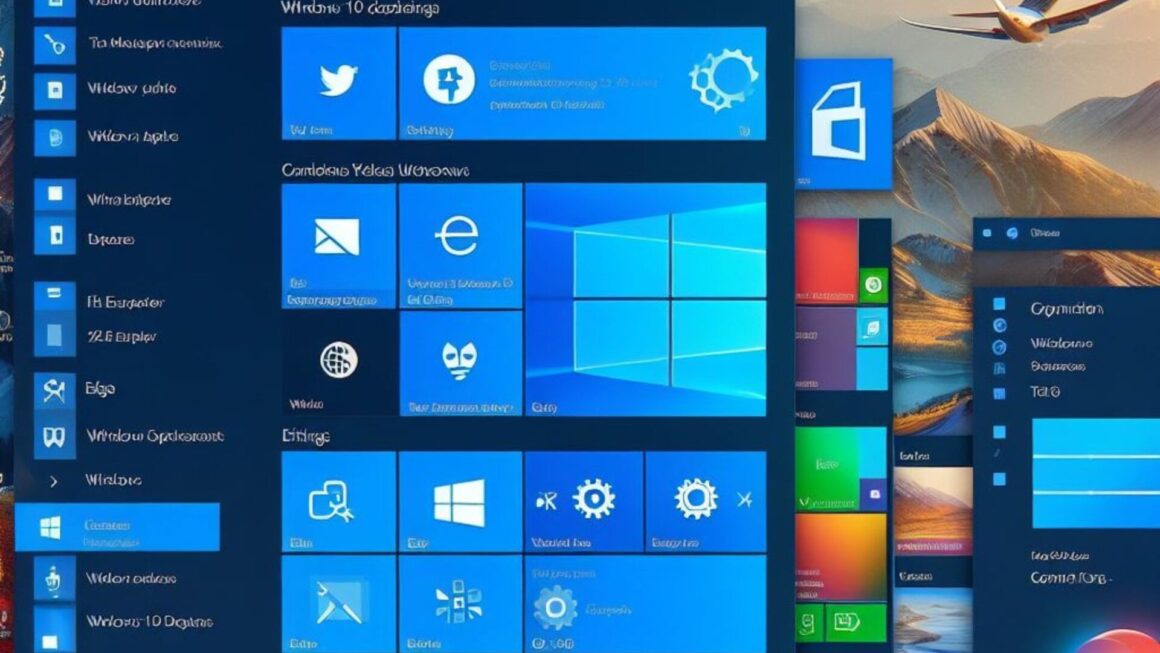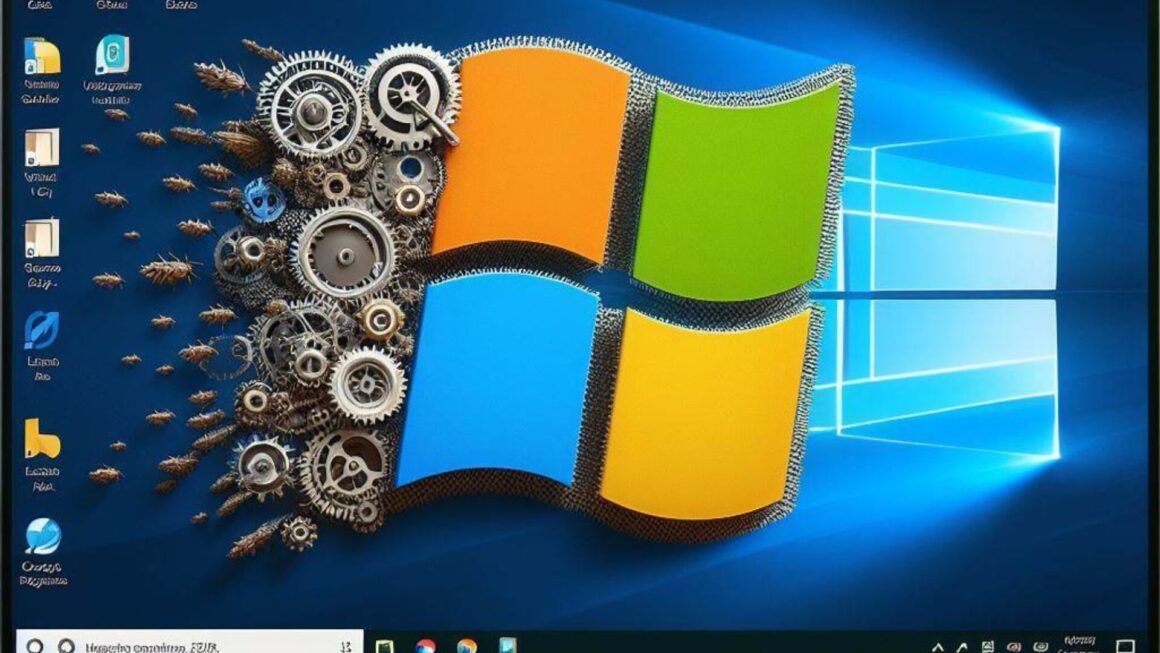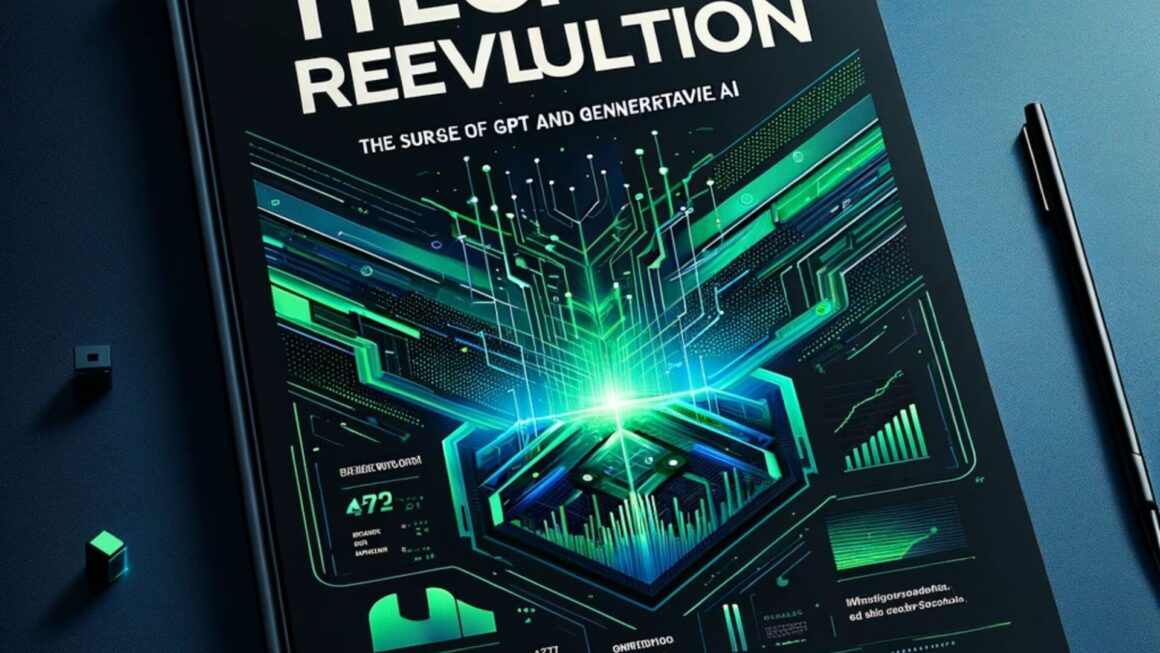As the tech world buzzes with anticipation, Microsoft is reportedly gearing up to unveil its next major release, Windows 12. Codenamed Hudson Valley, this iteration of the ubiquitous operating system is rumored to be a giant leap forward in integrating Artificial Intelligence (AI) at its core, potentially redefining the user experience in unprecedented ways. With the rumored release timeline set as early as next year, the tech community and consumers alike are keenly awaiting official confirmation and details from Microsoft.
The AI Edge in Windows 12
In a landscape where AI is rapidly becoming a cornerstone technology, Microsoft’s move to embed AI capabilities deeply into Windows 12 represents a significant stride. This integration promises to go beyond the capabilities of existing tools like Copilot for Windows, aiming to offer more nuanced and sophisticated AI functionalities directly within the operating system.
The shift towards AI integration aligns with Microsoft’s recent investments and advancements in AI technology. Its collaboration with OpenAI, exemplified by tools like Bing Chat and Github Copilot, has paved the way for incorporating more robust AI features into its products. While these tools have shown potential, they also highlighted the challenges in AI integration, offering valuable lessons that could inform the development of Windows 12.
Hardware and Processing Enhancements
A crucial aspect of Windows 12’s AI capabilities hinges on the hardware front. Recent advancements in AI-specific hardware, particularly by companies like Intel and AMD, suggest that Windows 12 could leverage dedicated AI processing units. These units, integrated into the PC’s CPU, are poised to greatly enhance AI processing capabilities, making the system more efficient and powerful in handling AI-driven tasks.
Anticipated Features and Applications
Windows 12 is speculated to bring a host of AI-powered features. Enhanced functionalities for virtual meetings, such as improved backgrounds and eye-contact simulation, represent just the tip of the iceberg. There is also speculation about AI’s role in enhancing image processing, advanced search capabilities, and even creative tasks such as writing and graphic design. These advancements could significantly boost productivity and offer new dimensions of user interaction.
The Release Timeline and Expectations
Although there’s no official word from Microsoft, industry insiders and tech pundits suggest that Windows 12 could see a release as soon as next year. This timeline aligns with Microsoft’s pattern of continually evolving its operating system to keep pace with technological advancements and user needs. The integration of groundbreaking AI features in Windows 12 is not just a step forward for Microsoft but a potential paradigm shift for how operating systems are used and perceived.
Addressing the Challenges
Integrating AI into an operating system as versatile and widely used as Windows is not without its challenges. One of the key hurdles will be ensuring compatibility across a vast array of hardware configurations. Microsoft will need to navigate these complexities to ensure that the AI functionalities are accessible and effective across all types of devices, from high-end PCs to more modest systems.
Conclusion
The potential introduction of AI in Windows 12 marks a fascinating juncture in the evolution of operating systems. As AI continues to permeate various facets of technology, its integration into the world’s most widely used operating system could have far-reaching implications for both users and the broader tech industry. While the exact details of Windows 12 remain under wraps, the anticipation and speculation certainly underscore the significance of this development. As we edge closer to its potential release, the tech world watches with bated breath, ready to witness how Microsoft will once again redefine the computing experience.




